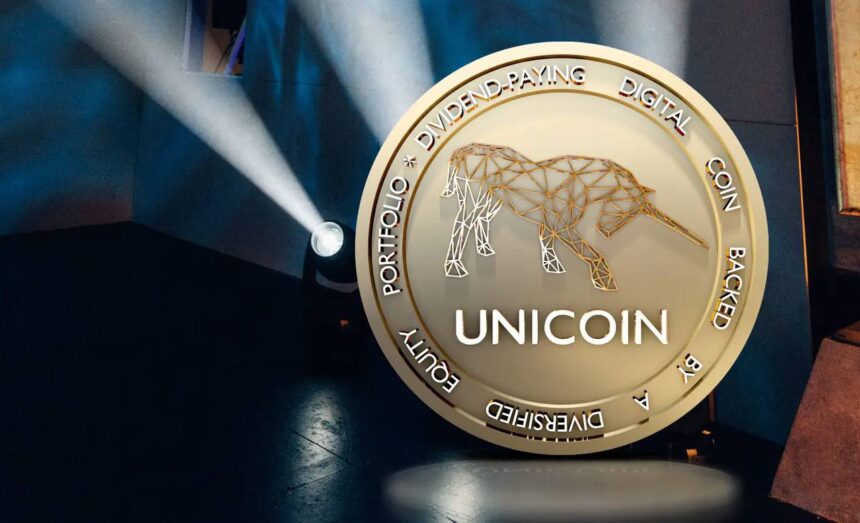Unicoin Responds to SEC Fraud Lawsuit
Crypto investment platform Unicoin has responded to the US Securities and Exchange Commission’s fraud lawsuit, which was filed three months ago, accusing the agency of misrepresenting its regulatory statements to build its case.
On Wednesday, Unicoin informed a New York federal judge that the SEC’s lawsuit should be dismissed, asserting that it “plucks snippets of communications and distorts their meaning and context; treats routine financial projection and optimism as fraud; and ignores Unicoin’s sober warnings about risk.”
The company further stated, “Most bizarrely, the SEC twists Unicoin’s disclosures in the company’s own SEC filings and improperly recasts these disclosures as proof of deception.”
In May, the SEC initiated legal action against Unicoin, its CEO Alex Konanykhin, board member Silvina Moschini, and former investment chief Alex Dominguez, accusing them of raising $100 million by misleading investors about certificates that purportedly conveyed rights to receive Unicoin tokens and stock.
Unicoin contended that the SEC had assembled its claims without substantial evidence and argued that the accusation of violating securities laws required additional proof.
“Securities fraud demands more. It requires a false statement, made with scienter, that reasonable investors would have relied on,” Unicoin stated. “Where, as here, the very risks the SEC identifies were disclosed openly and repeatedly, those elements cannot be met.”
The platform argued that the SEC’s lawsuit was a “shotgun pleading” that failed to present a motive for Unicoin’s alleged conduct and leaned on circumstantial evidence, “semantics and mischaracterizations of statements taken wholly out of context.”
The SEC alleged that Unicoin made misleading claims by asserting that billions of dollars in real-world assets, including real estate and stakes in pre-IPO companies, would back its upcoming token and rights certificates.
The regulator maintained that, in truth, the value of these assets was a fraction of what Unicoin had represented and that the company mischaracterized its financial position.
Furthermore, the agency claimed that Unicoin stated it had sold more than $3 billion in rights certificates when, in actuality, the figure was only $110 million, and it falsely promoted the tokens and certificates as SEC-registered.
In its response, Unicoin contended that the SEC’s assertion of investor deception concerning the backing of its token was based on statements “taken wholly out of context,” clarifying that executives had only claimed the company was asset-backed, not that the upcoming tokens were.
Unicoin added that although executives had indicated the token was asset-backed, “at no point did any Defendant claim that unicoins would function as a fully collateralized investment.”
Moreover, the tokens had not yet been created, and the SEC was attempting to hold it accountable for “forward-looking expressions of optimism.”
Unicoin indicated that the SEC’s lawsuit had prevented it from minting tokens and backing them with assets, while simultaneously seeking to hold it liable “for failing to create tokens that are fully collateralized by real-world assets.”
It also pointed out that the SEC had conflated the valuation and deals surrounding the company’s real estate transactions, several of which were still in the closing process.
Unicoin requested the court to dismiss the SEC’s lawsuit with prejudice, which would inhibit the agency from refiling the complaint.




















